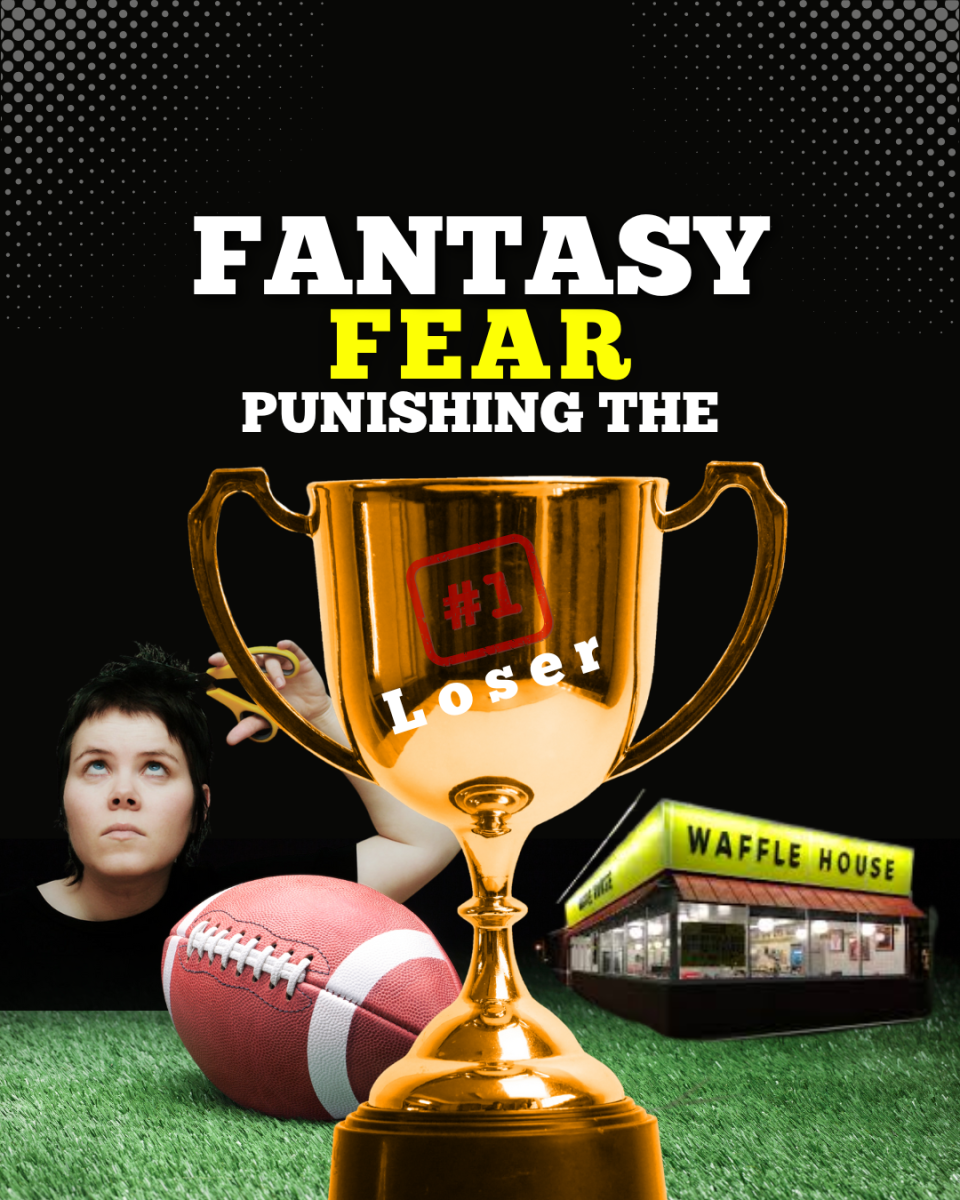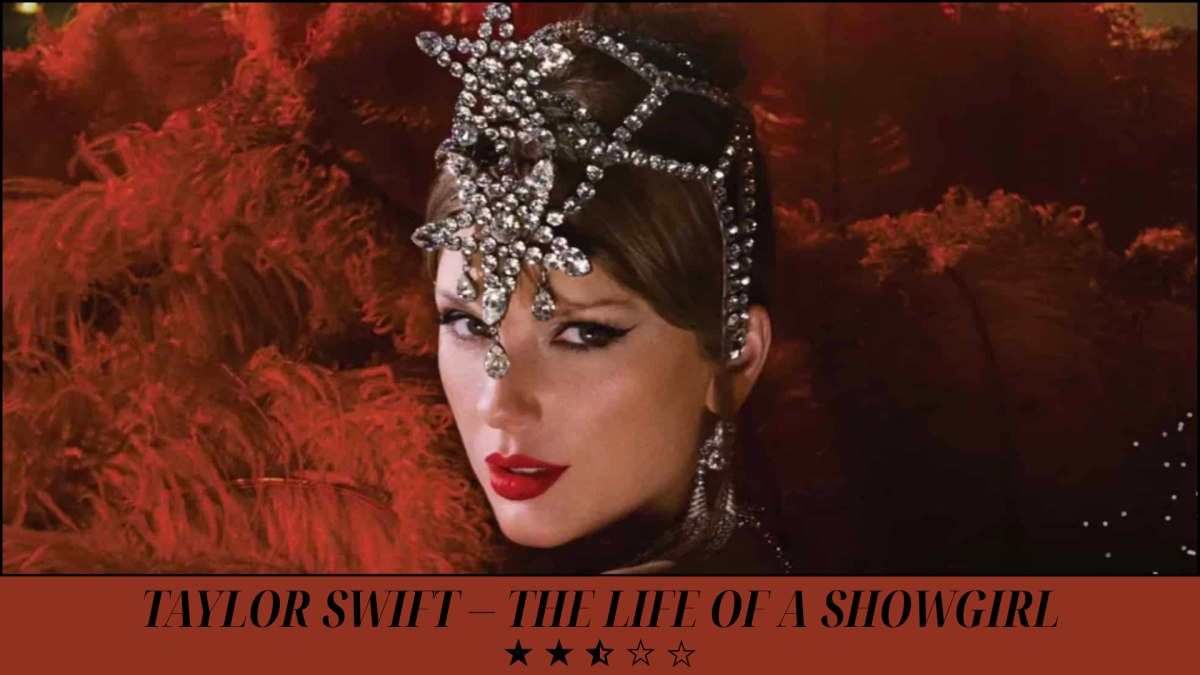Self-improvement blankets the modern world. The self-help industry is growing at a very rapid rate, offering promises that we can become more successful, more confident and more productive. But there’s a growing irony in this quest: as we strive to improve, we are actually making ourselves less happy.
On the surface, the urge to improve seems harmless, even admirable. Who wouldn’t want to be more fulfilled? Yet, when we’re constantly aiming for these ideals, we create a dissatisfaction with who we are at this moment. The pursuit of perfection, through bettering our bodies, careers, or personalities, becomes a treadmill we can never step off of.
This “I will be happy when…” thought-process becomes an endless pursuit in which happiness is always just out of reach.
At the root of the issue is a cultural narrative that “better” is always possible.This mindset places us in a constant mode of comparison— to not only others, but also to an ideal version of ourselves that is often unattainable.
The danger of self-improvement arises with the facilitation of social media. Influencers and celebrities are presenting themselves in curated, polished ways, highlighting their accomplishments, their fitness routines, their healthy meals and personal growth. Often, these are unrealistic and removed from the messier, more complex realities of every day. Yet, we internalize them. We feel like we must measure up and perfectionism begins to take seed.
But perfection is not only unattainable–it’s also destructive. Perfectionists seem to have a very distorted view of failure, mostly as some reflection of their worth. This sets us up for a never-ending emotional rollercoaster: flashes of temporary “success” feel fleeting and shallow, while setbacks are magnified and disproportionately painful.
Another layer to this issue is that we are simply overwhelmed by the number of choices available to us in our pursuit to improve–options for eating, exercising, working and even thinking overwhelm us at every turn. Every decision becomes another chance at “optimizing” life.
With all these options available, instead of empowering ourselves, we become paralyzed and burdened. Rather than an expansion of freedom to explore and enjoy what is truly important and valuable to us, we are obligated to explore every avenue of self-improvement and feel as though we are falling short.
This mindset leaves little room for contentment. Every moment spent focused on what should be done, or what needs to be fixed, means we are not being present in our lives. Instead of enjoying the fact that we’ve come a certain distance, we’re nagged by how far we still have to go.
The irony in all of this is that in our pursuit of making everything in our lives optimized, we actually squeeze out time for the simple activities in life that bring us long-term well-being. We’ve replaced the joy of merely being with productivity and accomplishment.
In the end, the real key to happiness lies in accepting that we are enough. We don’t have to be better than we are at this moment in life to be worthy of happiness. Growing and working on oneself is a natural part of life, but it’s the peace of mind in knowing you are already complete that really leads to fulfillment.











